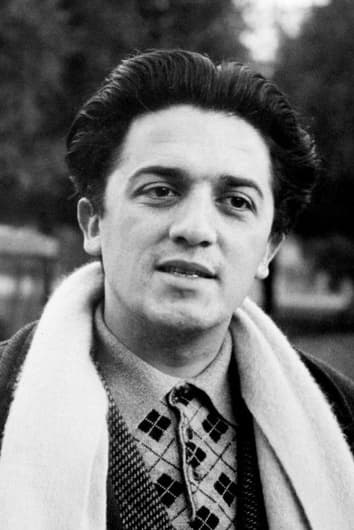

Federico Fellini, Knight Grand Cross (January 20, 1920 – October 31, 1993), was an Italian film director and screenwriter. Known for a distinct style that blends fantasy and baroque images, he is considered one of the most influential and widely revered filmmakers of the 20th century. Personal and highly idiosyncratic visions of society, Fellini's films are a unique combination of memory, dreams, fantasy, surrealism and desire. The adjectives "Fellinian" and "Felliniesque" are "synonymous with any kind of extravagant, fanciful, even baroque image in the cinema and in art in general". In a career spanning almost fifty years, Fellini won the Palme d'Or for La Dolce Vita, was nominated for twelve Academy Awards, and directed four motion pictures that won Oscars in the category of Best Foreign Language Film. In 1993, he was awarded an honorary Oscar for Lifetime Achievement at the 65th Annual Academy Awards in Los Angeles.
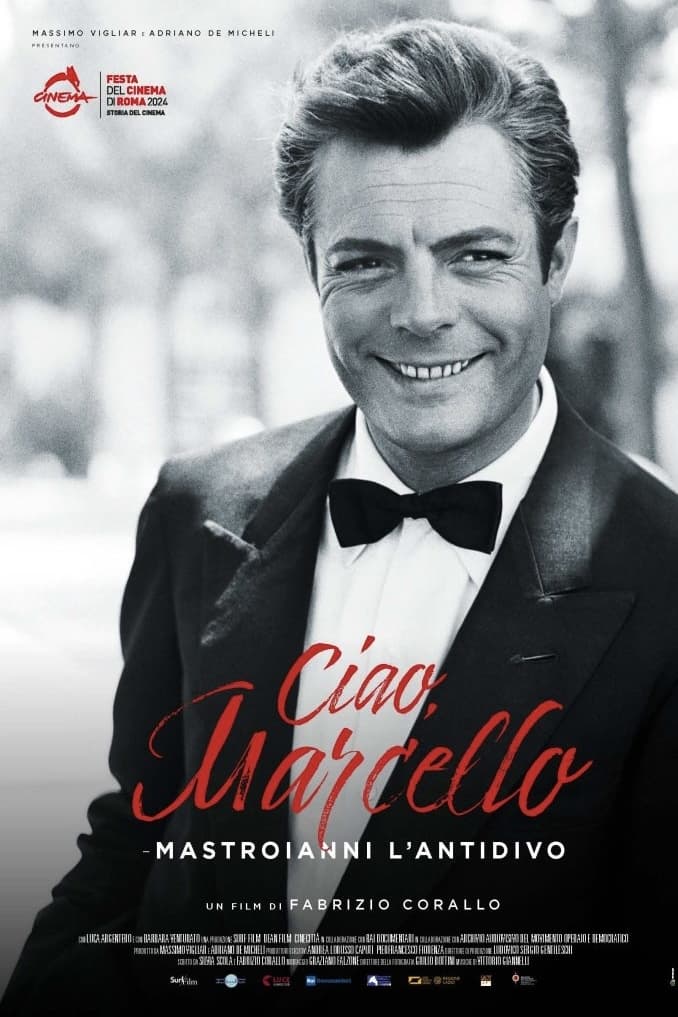
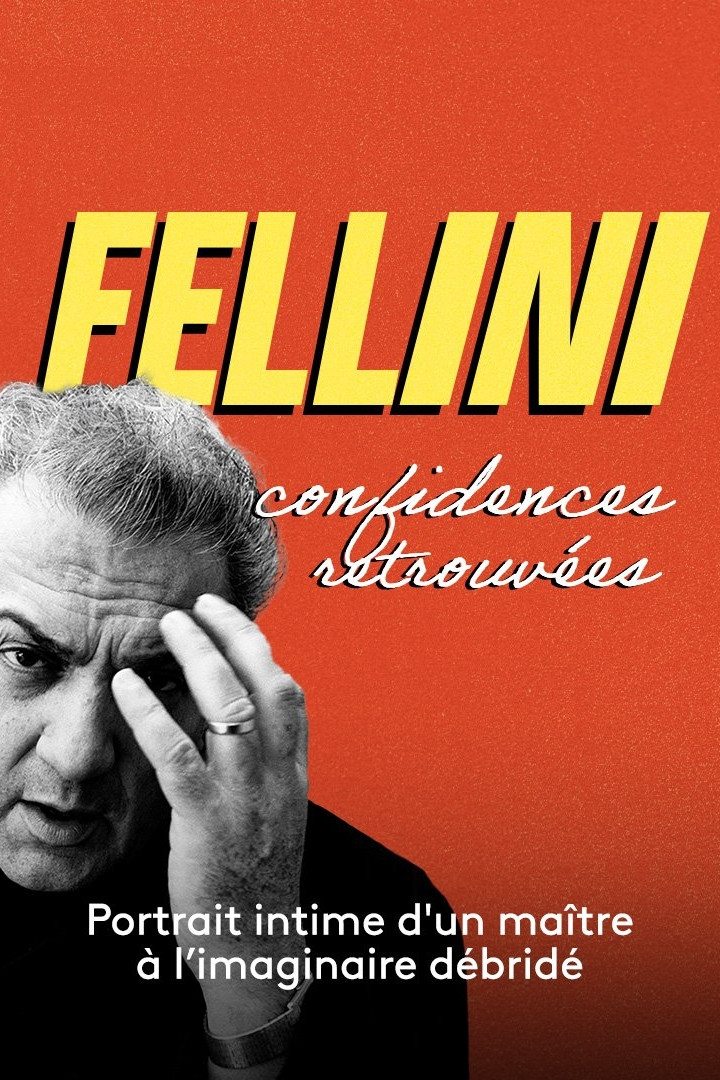
Federico Fellini died on October 31st, 1993. Thirty years later,...
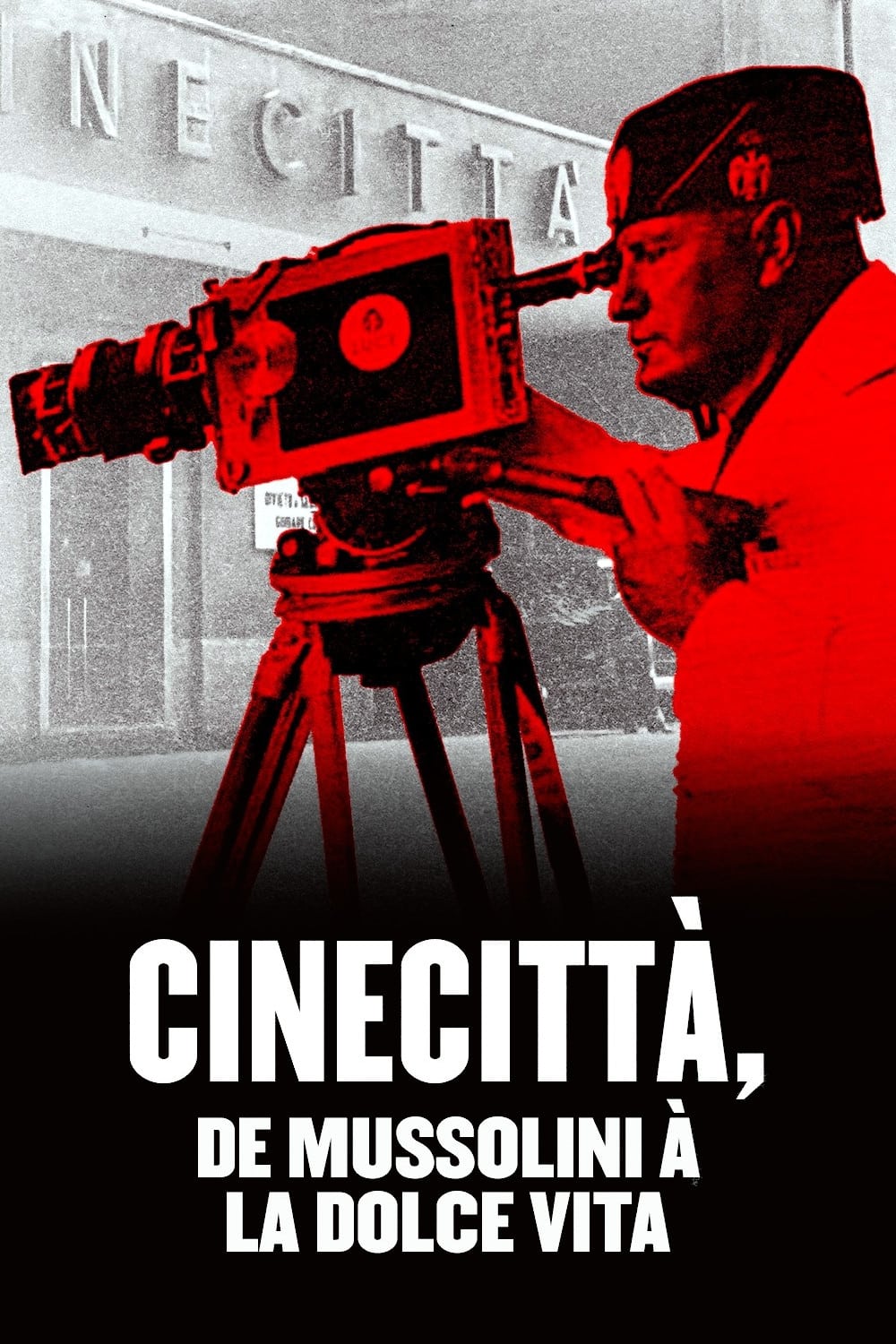
Cinecitta is today known as the center of the Italian...
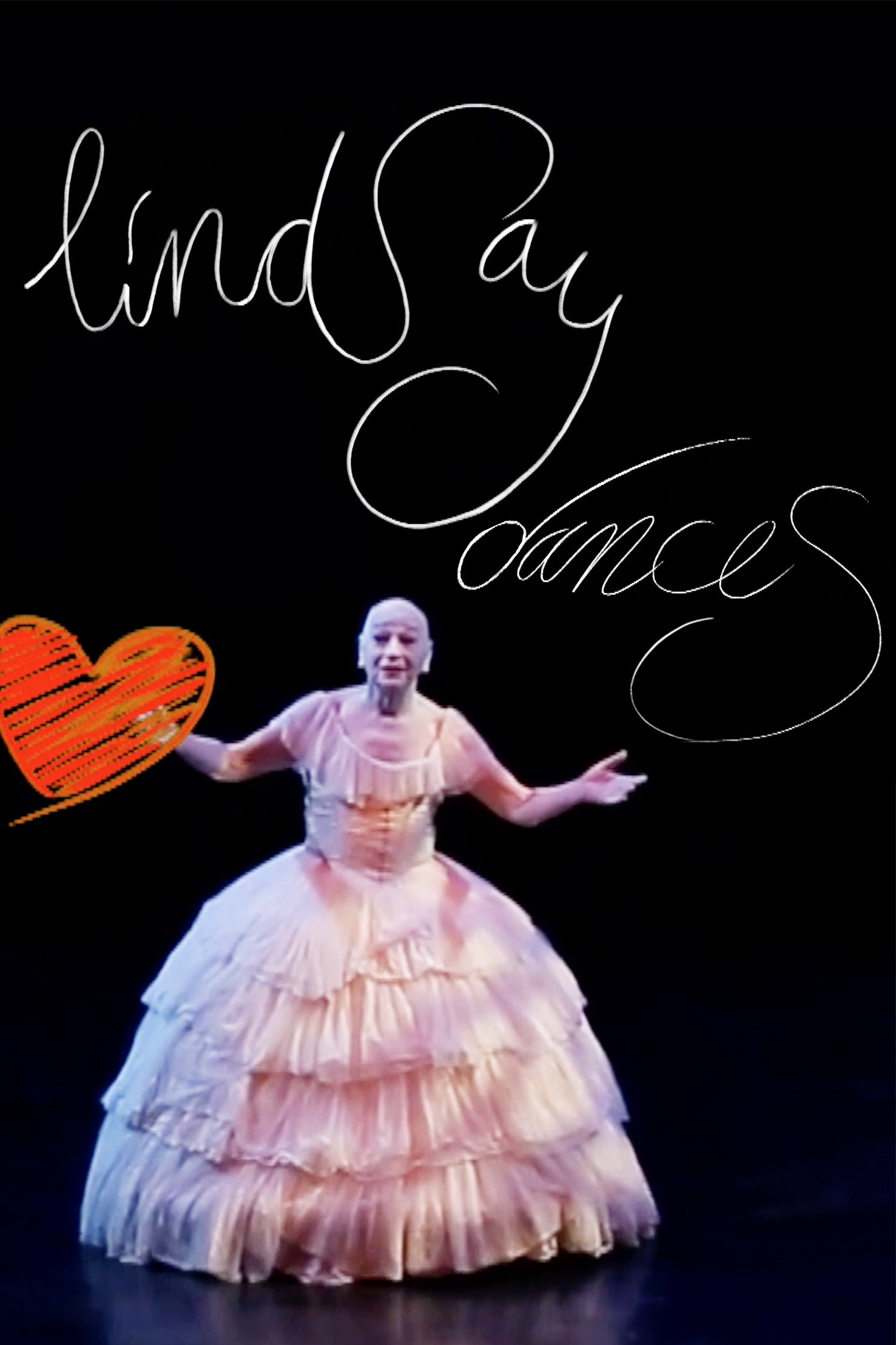
A documentary that collects for the first time and in...